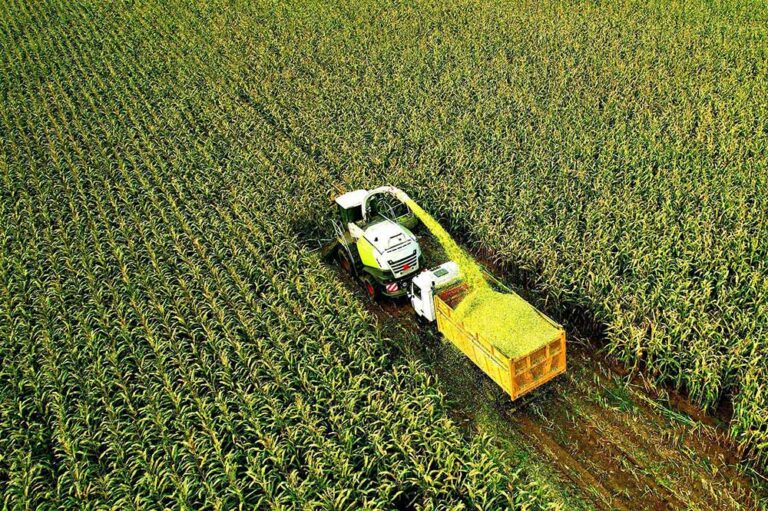As we gear up for the inaugural Agri-food Europe event, we spoke with our opening speaker Dr. Morgaine Gaye, who is a renowned Food Futurologist, for a short 5-minute interview ahead of the event. Dr. Gaye examines food through a complex lens, considering typical indicators like geopolitics and social behavior, and will be sharing her views on new food trends and what we can expect next.
[Expana] What is the role of a Food Futurologist? What does your day to day role involves?
[Morgaine Gaye] In my role as a Food Futurologist I research history, nature and cultural theory, branding, marketing and consumer behaviour, to help businesses with new brand extensions, product development, future gazing and trend reports.
I focus on market trends, packaging, consumer aspirations and category nuances from the history to the future. In between writing trend reports, travelling and speaking at conferences, I do as much diverse research as possible. I dedicate my independent analysis time on exploring a wide range of topics, from reading books and global periodicals, to conducting desk-based analysis on trends in footwear, interiors, fashion and cutting-edge fields like materials science, food development and politics. It’s imperative that I’m able to draw from a broad base of information in order to constantly update my thinking.
My job is so varied that each day is different. This week for example, I was in a recording studio doing live and recorded broadcasts to UK radio stations to promote a trend report I had written for a restaurant and supermarket delivery company. I have frequent zoom sessions during which various companies ask me spontaneous questions about a certain food category or product and often a mystery brand may sit in on the call.
[Expana] At the event you are talking about major trends in agrifood and what lies ahead . Without giving too much away, what do you feel are some of the bigger challenges and trends you see ahead for the food industry?
[Morgaine Gaye] On the challenge side, food is at the epicentre of humanity and food poverty is on the increase – we are seeing the growing destabilization of the world. Distribution, civil unrest and wars are continuing to create more food scarcity problems as extreme weather patterns and global warming exacerbate the issues. Consumers still want to pay a lower price for produce which can only be produced now by cutting corners.
A key trend I’m noticing is that as food quality becomes increasingly compromised, consumers will make more deliberate choices—spending more and wasting less. At the same time, producers will explore new revenue streams by repurposing waste materials, while packaging design and water’s commodity value will become crucial considerations for the future.
[Expana] How are the industry players adapting to some of the market disruptors we are witnessing?
[Morgaine Gaye] The actual severity of climate and geo-political disruption is still something which can be somewhat circumnavigated with small adjustments. Almost all companies in the industry need a major strategy overhaul to affect future-proofing change and stability for the long term. This is costly and, for the most part, does not seem urgent to the industry. This is the false economy both consumers and stakeholders are supporting.
Hear more insight from Dr. Morgaine Gaye and other esteemed speakers at Expana’s Agri-Food Europe Event from 26th – 27th February at the Okura Hotel, Amsterdam. Check out our agenda here.
Written by Robyn Gow



